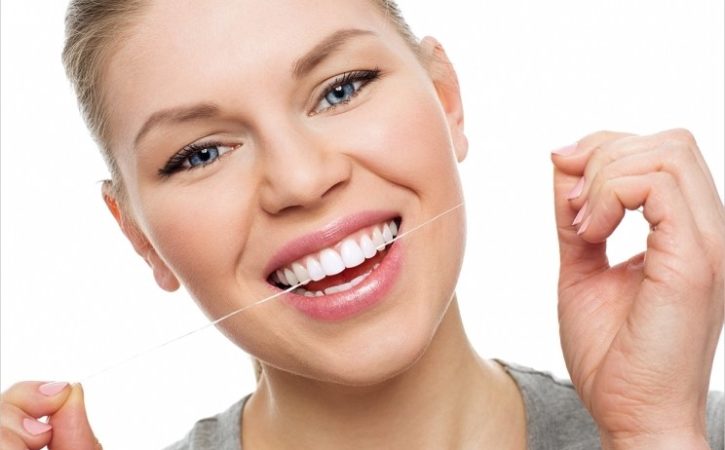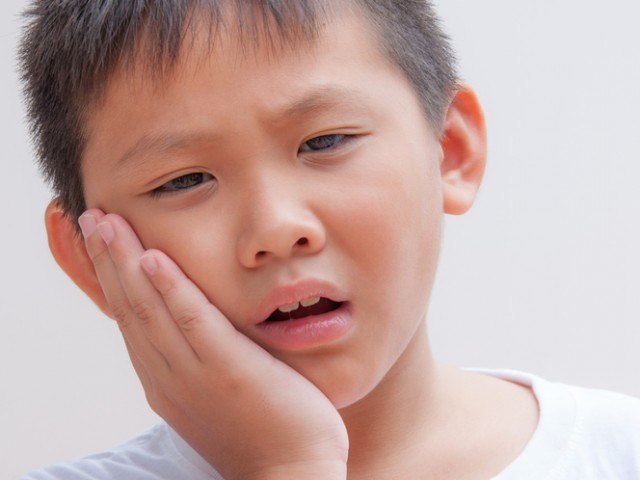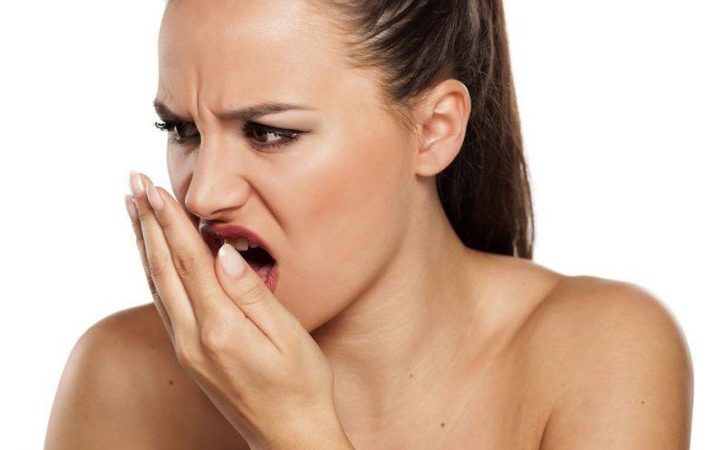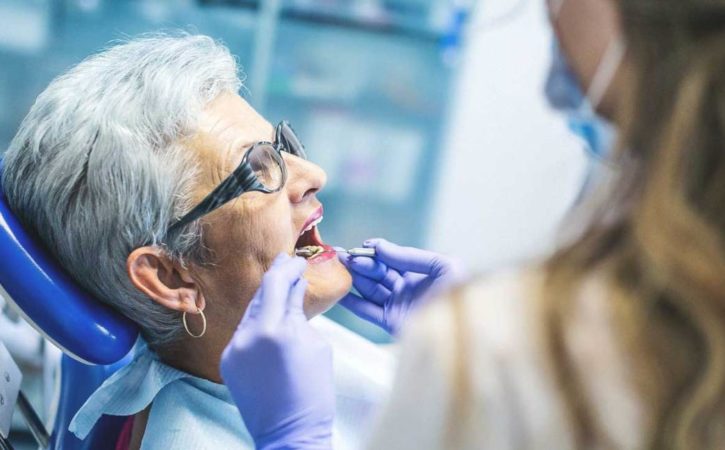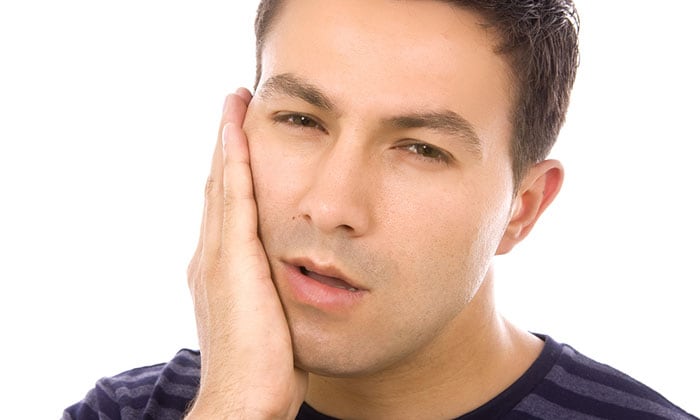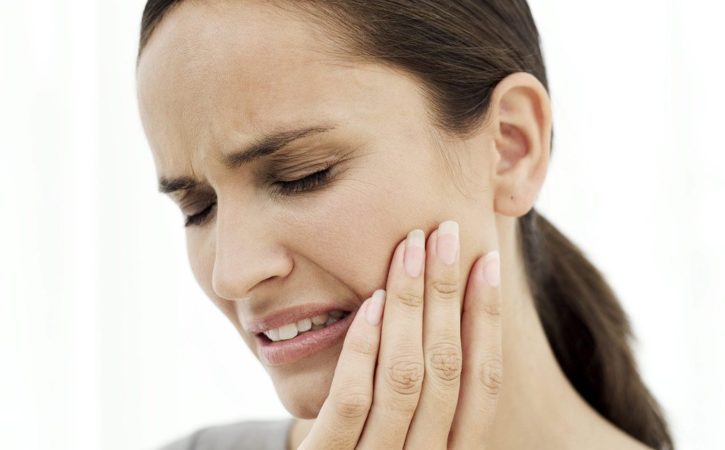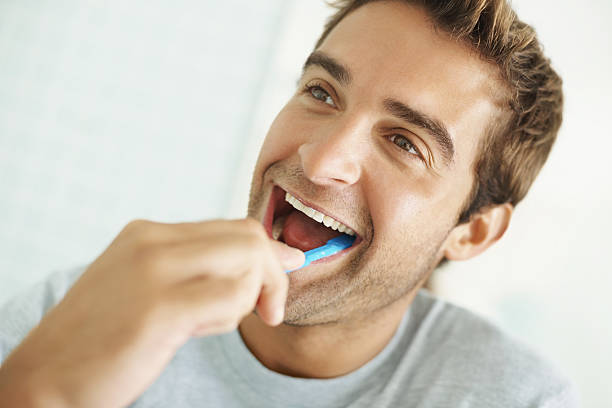Root canal surgery is a common procedure that should heal without complications if you keep the following after-care guidelines in mind.
Key takeaways:
– Eat soft non-sticky foods until tenderness goes away and a permanent crown is fitted.
– Brush and floss as often as you’d normally do, but be gentle around the area that’s healing.
– Get a soft-bristled toothbrush so you avoid interfering with the healing process while you brush.
If you have any doubts about the post-op process, don’t hesitate to ask your dentist for advice.
Read the full story here: https://yourdentalhealthresource.com/how-to-care-for-a-tooth-after-a-root-canal/

